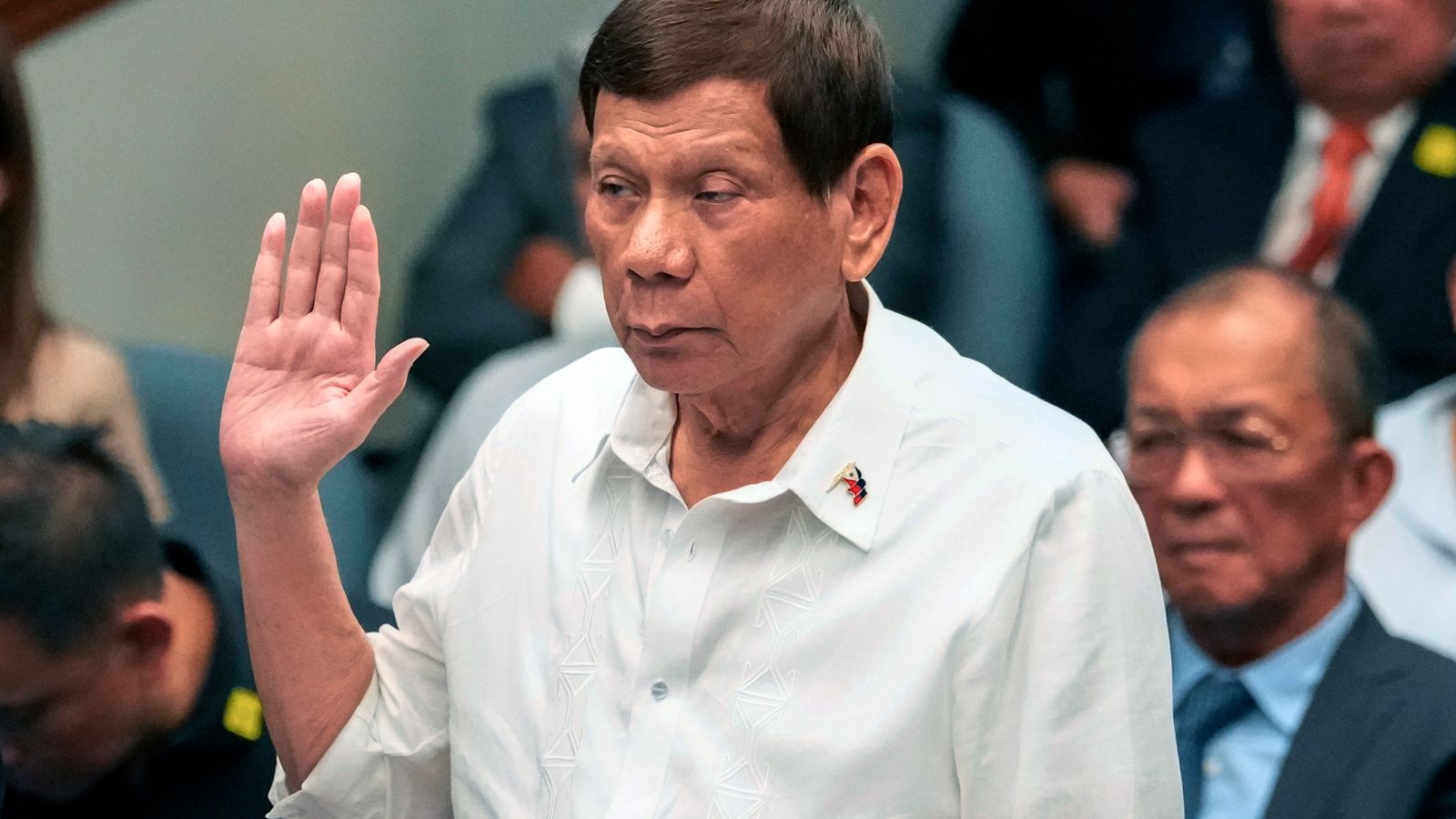
In a stunning development that has sent shockwaves through international diplomatic circles, Rodrigo Duterte, the once-untouchable strongman of Philippine politics, now finds himself in custody facing charges before the International Criminal Court (ICC) in The Hague. This dramatic fall from power marks an extraordinary chapter in the global pursuit of accountability for alleged human rights violations.
The Arrest: A Diplomatic Ballet of Power and Justice
The arrest itself unfolded with the precision of a carefully orchestrated performance. Dutch authorities, working in coordination with ICC officials, detained the former president as he stepped off a private aircraft a man who once commanded an entire nation now reduced to following the directives of court officers across the pristine halls of international justice.
“This moment represents more than just one man’s accountability,” remarked Human Rights Watch Asia director Helena Fraser. “It signals to leaders everywhere that the international legal system, however slowly it may move, eventually finds its mark.”
The Charges: Beyond the Rhetoric of the Drug War
At the heart of the ICC’s case lies Duterte’s controversial “war on drugs,” a campaign that human rights organizations estimate resulted in thousands of extrajudicial killings. The formal charges include crimes against humanity specifically murder, torture, and persecution.
The former president, known for his unfiltered rhetoric and unapologetic governance style, now faces a dramatically different environment within the ICC’s halls. Gone are the adoring crowds and compliant officials; in their place stand meticulous prosecutors armed with years of evidence gathering and witness testimonies.
A Nation Divided: The Philippine Response
Back in Manila, reactions split along familiar political fault lines. Duterte loyalists have taken to the streets, condemning what they view as international overreach, while opposition figures and human rights advocates celebrate what they consider long-delayed justice.
Current government officials have issued carefully measured statements acknowledging the ICC’s jurisdiction while emphasizing the nation’s sovereign judicial processes a diplomatic tightrope walk reflecting the complex politics surrounding Duterte’s legacy.
As this legal drama unfolds in the coming months, it will undoubtedly set precedents for international accountability and reshape political calculations for leaders worldwide. The message reverberates beyond courtroom walls: even the most powerful figures may eventually answer for actions taken while in office.